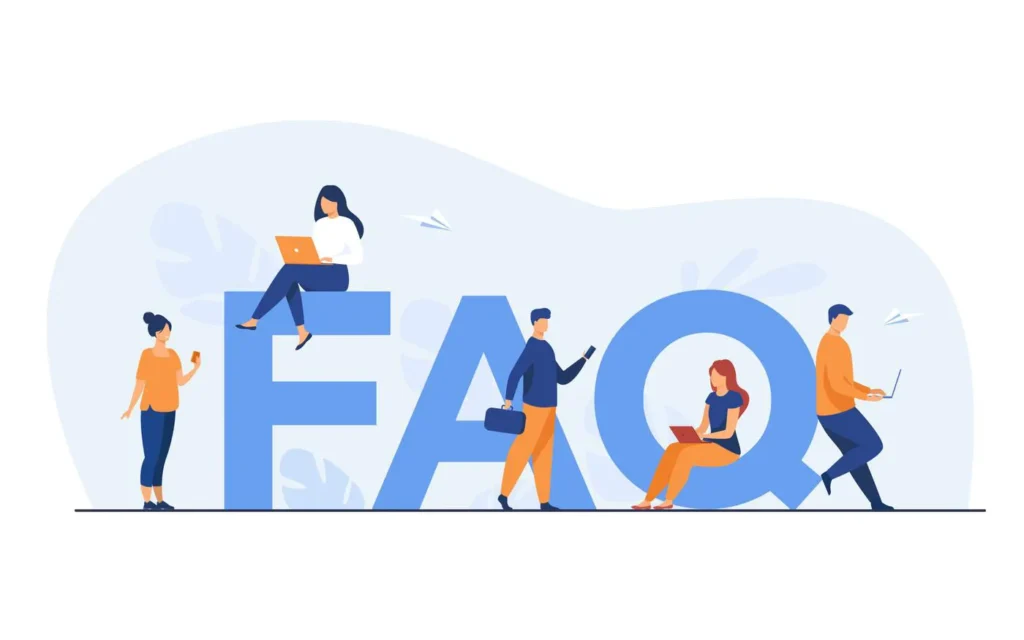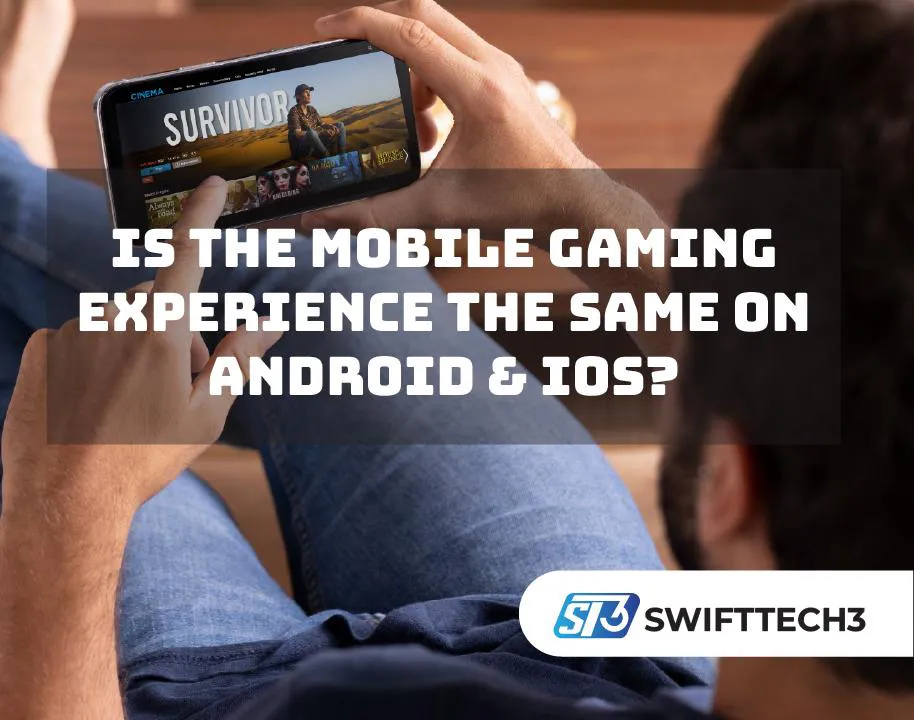Mobile gaming has evolvd from a casual passtime too a global industry worth billions. Today’s smartphones now kinda rival gaming consoles in perfomance, and mobile games are often complex, immersive and very social too. Among the type of games you can find on mobile devices are strategy, puzzels and slots and more.
However one debate still remains constant among gamers and developers alike – is the gaming experiance really the same on Android and iOS? With research from the team at No Deposit Slots, we try too answer this question and maybe settle the debate for good, once for all.
Hardware and Performence
At first glance both Android and iOS devices can deliver stunning visuals, smooth performence and responssive gameplay. But still, the experiance varies depending on hardware and sometimes even on the updates too.
Apple’s iPhones are known for there tight hardware-software integration, meaning games are optimized only for a small range of devices. This often leads too consistant frame rates, faster loading time and effecient battery usage.
Android on the other hand runs on a huge ecosytem of devices, from budget ones too flagship powerhouses. This diversity can be both a strength and a weak point. High-end Android phones like Samsung Galaxy S series or ASUS ROG Phone deliver console like performance, but lower tier devices may strugle too keep up with heavy games or big updates.
Graphics and Optimasation
Because Apple controls both hardware and software, developers can fine tune there games better for smaller range of devices. This usually results in better optimasation and higher visual quality on iOS.
Android developers however, faces a much harder challange. They must account for thousand of device configs, screen sizes, and processor types. That can lead to more inconsistant performance or weird visual glitches across models. Still, technologies like Vulkan API and Game Mode optimisations have really closed that gap a lot in recent year.
App Store vs Google Play Store
The platform app ecosystems also shape the gaming experiance in different ways. The App Store is known for its strict quality controll and curated selection, often giving iOS users early access too new and exclusive titles. Some games like Fortnite or Monument Valley, was first launched on iOS before anywhere else.
Meanwhile Google Play Store offers a broader and open ecosystem. Indie developers mostly find it more easy to publish games on Android, leading too wider variaty of games, though this freedom sometimes means less quality checks or more buggy apps.
In-App Purchases and Pricing
When it comes to monetisation, differnces are kinda obvious. Studies show iOS users tends too spend more on in-app purchases than Android users do. So some developers prefer to release on iOS first or add premium features there before Android version.
However Android offers more flexibility with prices and even allows alternative app stores, which is good for gamers looking for discounts, or regional cheaper pricing.
Controllers and Accesories
Both platforms support Bluetooth controllers and accsesories, but iOS tends to have more tighter compatibility with Apple-certified gear like the Backbone One or MFi controllers. Android’s open system on the other hand supports a much wider range of third-party devices, from custom made gamepads too VR headsets and stuff.
Online and Cloud Gaming
Services like Xbox Cloud Gaming, NVIDIA GeForce Now, and Google Play Games for PC have blurred the boundries between platforms. While both Android and iOS supports these services, Apple’s App Store restrictions kinda limited full integration for some cloud apps. Because of that Android users often enjoy more smooth cloud gaming experiance through native apps or browsers.
Final Verdict
So, is the mobile gaming experiance same on Android and iOS? Nope, not really. Both platforms deliver amazing gaming experinces but they sorta cater to different types of players.
iOS offers more consistant, optimised and curated experiance — good for gamers who values polish and reliability. Android, on the other hand, gives more freedom, customisation and huge hardware variety, perfect for players who like to tweak there setup or try new unique games.
At the end of day, the “better” platform kinda depends on what kinda gamer you are, whether you value smooth performence and exclusives or freedom and variety.

FAQ’s
iOS offers smoother and more consistent gameplay, while Android provides more device options and flexibility. The best choice depends on your device and gaming style.
Developers often release on iOS first because it’s easier to optimise for fewer devices and iOS users usually spend more on games.


